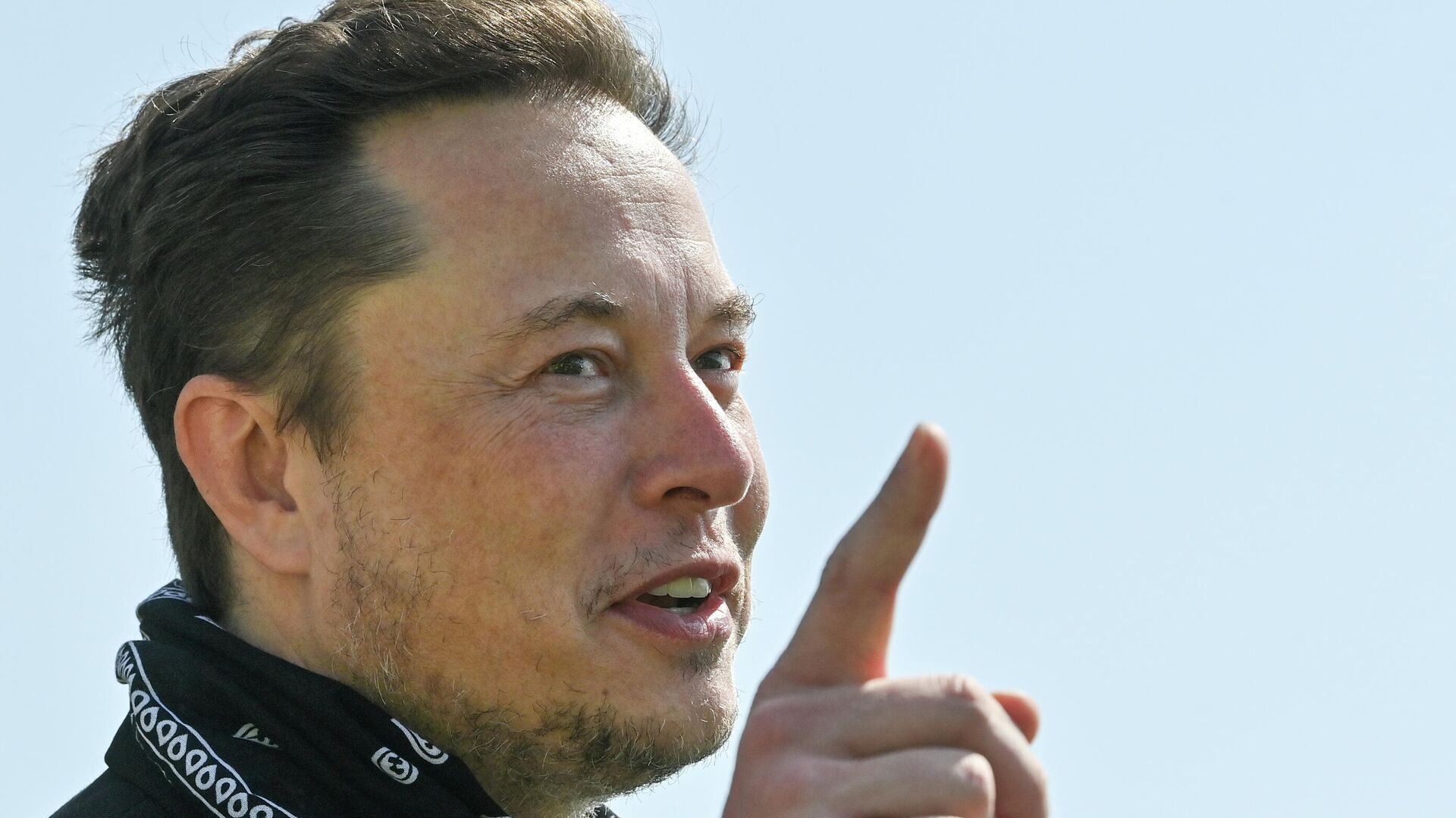Elon Musk: Civilisation is 'Going to Crumble' If People Don’t Have More Children

© REUTERS / Patrick Pleul
Subscribe
His comment about population collapse apparently refers to the decline in the global fertility rate, which according to a report from this year stands at around 2.4 children per woman. This is almost half of what the global fertility rate was in 1950 (4.7 children per woman).
Elon Musk and his company SpaceX want to take humans to Mars and other far corners of the universe, but before one embarks on a space journey, there is one thing the tech maverick wants us all to do – be fruitful and multiply. Musk says there are "not enough people" on the Earth and failure to change this situation is fraught with catastrophic consequences.
Addressing the audience at the CEO Council, organised by The Wall Street Journal, the eccentric entrepreneur said that too many "good and smart people" think that the population is growing out of control.
Addressing the audience at the CEO Council, organised by The Wall Street Journal, the eccentric entrepreneur said that too many "good and smart people" think that the population is growing out of control.
"It’s completely the opposite. If people don’t have more children, civilisation is going to crumble. Mark my words", Musk said, and urged people to look at the data.
Asked whether this is why he has so many children (Musk has six kids), the CEO of Tesla and SpaceX said that he is trying to set a good example, noting that he has to practice what he preaches.
Musk’s remark about "not enough people" on Earth refers to recent reports on fertility rates. Earlier this year, analysts at Morgan Stanley wrote in a note to investors that the "movement to not have children owing to fears over climate change is growing and impacting the fertility rate quicker than any preceding trend in the field of fertility decline".
Musk’s remark about "not enough people" on Earth refers to recent reports on fertility rates. Earlier this year, analysts at Morgan Stanley wrote in a note to investors that the "movement to not have children owing to fears over climate change is growing and impacting the fertility rate quicker than any preceding trend in the field of fertility decline".
Another reason why people prefer not to have children is inequality, the bank's assessment said.
The global fertility rate this year stands at around 2.4 children per woman. This is almost half of what the global fertility rate was in 1950 (4.7 children per woman). At the same time, the world’s population is growing older, with the United Nations projecting that the number of people aged 65 or older will reach 1.5 billion by 2050.
The United Nations Population Division forecasts that the world population growth will slow significantly over the course of the 21st century, coming close to its peak at 10.9 billion by 2100.
The global fertility rate this year stands at around 2.4 children per woman. This is almost half of what the global fertility rate was in 1950 (4.7 children per woman). At the same time, the world’s population is growing older, with the United Nations projecting that the number of people aged 65 or older will reach 1.5 billion by 2050.
The United Nations Population Division forecasts that the world population growth will slow significantly over the course of the 21st century, coming close to its peak at 10.9 billion by 2100.


